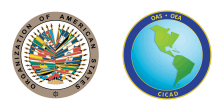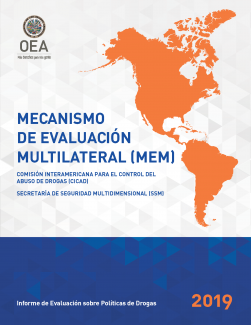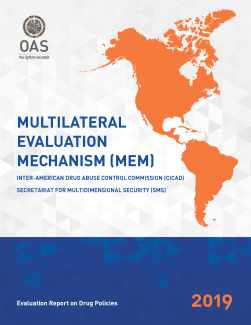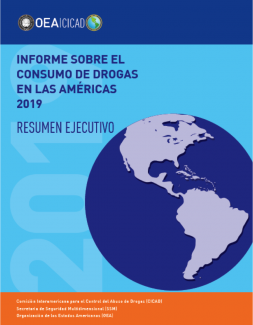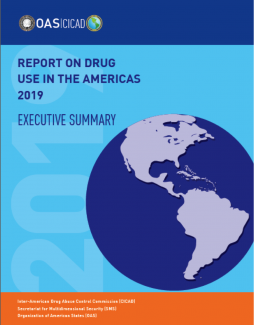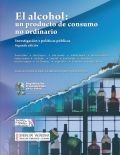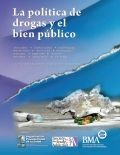استهلاك المؤثرات العقلية والمنظور الجنساني. في أسبوع اليوم الدولي للعمل من أجل صحة المرأة
ISSUP الأرجنتين يدعوك للمشاركة في ندوة على شبكة الإنترنت التي ستناقش استخدام المؤثرات العقلية والمنظور الجنساني - في الأسبوع من اليوم الدولي للعمل من أجل صحة المرأة. ستعقد الندوة عبر الإنترنت في 21 مايو 2021 في الساعة 11:00 (بتوقيت الأرجنتين).

